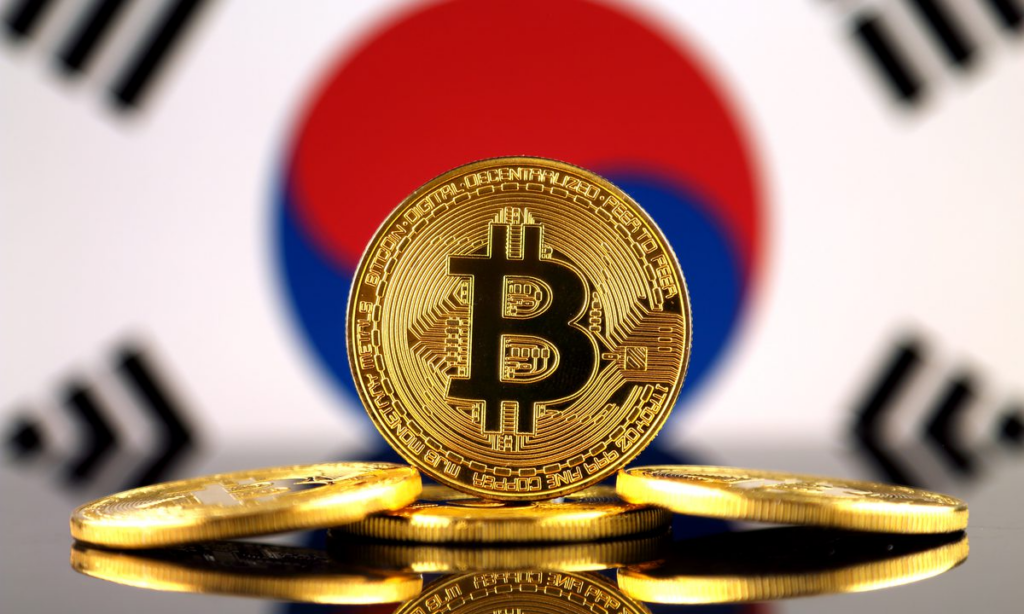South Korea Boosts Crypto Exchange Security With Early Implementation Of Stricter Regulations
Key Points:
- South Korea enforces tougher regulations, demanding exchanges establish reserve funds of 3 billion to 20 billion won for user safety.
- Enhanced user verification and the “reserve accumulation” rule start in September, ahead of schedule, to enhance trading security.
- Addressing exchanges’ demand for clarity, South Korea promotes transparent crypto practices with proactive guidelines.
South Korean financial authorities are poised to introduce stringent regulations for cryptocurrency exchanges.
According to reports from Korean media outlet News 1, the forthcoming guidelines pertain to issuing real-name bank accounts, involving previous criteria outlined by the Federation of Korean Banks.
The new regulations require cryptocurrency exchanges holding real-name accounts to establish a reserve fund ranging from a minimum of 3 billion won to a maximum of 20 billion won, effective September. This reserve will serve as a liability buffer for potential damages users incur.
Under these rules, exchanges must accumulate 30 percent of their average daily deposits or 3 billion won, whichever figure is higher. Notably, if the calculated 30 percent exceeds 20 billion won, exchanges can accumulate up to that maximum threshold.
Enhanced user verification processes, including Know Your Customer (KYC) protocols and additional fund transfer checks, are also incorporated into the operational guidelines set by the banks.
Originally planned for implementation in January 2024, the early adoption of the “reserve accumulation” requirement in September indicates a proactive approach by both the financial authorities and the exchanges.
The decision to expedite these guidelines comes in response to exchanges lacking real-name accounts demanding explicit standards for their issuance. The regulations also address user protection, ensuring a safer trading environment.
Previously, the Federation of Korean Banks had unveiled operational guidelines for virtual asset real-name accounts in July, stipulating a 3 billion won reserve for transactions. These impending regulations underscore South Korea‘s commitment to fostering a secure and transparent cryptocurrency landscape.
DISCLAIMER: The information on this website is provided as general market commentary and does not constitute investment advice. We encourage you to do your own research before investing.




















